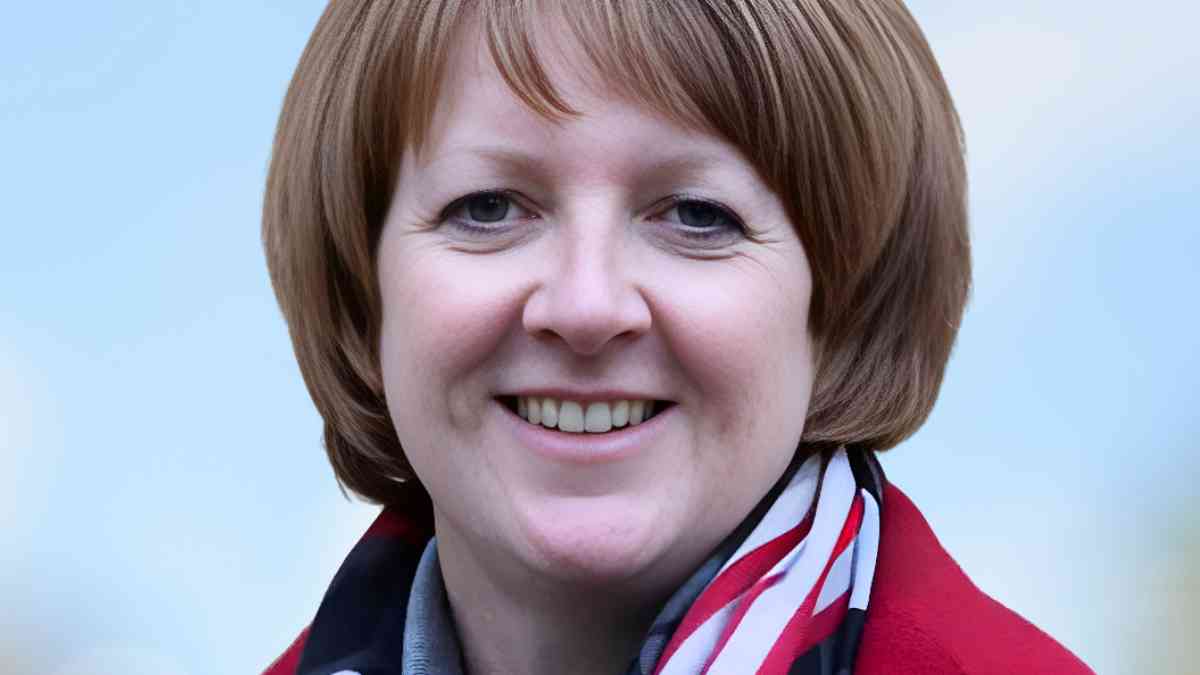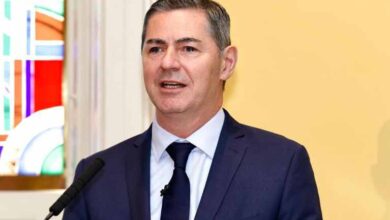Fiona Copeland: The Rare Disease Advocate Who Transformed Lives

Fiona Copeland is a name that resonates powerfully in the realm of rare diseases in the United Kingdom. Her commitment to improving the lives of individuals and families affected by Primary Ciliary Dyskinesia (PCD) has earned her national recognition, heartfelt respect, and a lasting legacy. Awarded the British Empire Medal (BEM) for her services to healthcare and rare disease communities, Fiona stands as a beacon of determination, compassion, and leadership. This article delves deep into her contributions, the significance of her work, and the human story behind the public achievements.
Early Beginnings and Personal Connection to PCD
Fiona Copeland’s journey into advocacy began not from a distant interest but from personal experience. Her sons were diagnosed with Primary Ciliary Dyskinesia, a rare genetic disorder that impairs the function of cilia in the respiratory tract. It is a condition few have heard of, and even fewer understand in detail. Faced with limited information and inadequate support systems, Fiona was thrust into a role that demanded resilience, learning, and unyielding willpower.
Rather than accept the status quo, she transformed frustration into activism. With no formal medical background, she immersed herself in the science of PCD, liaised with specialists, and began to gather knowledge that would prove invaluable not only to her family but to countless others facing similar circumstances.
Founding and Leading PCD Support UK
Recognising a gap in patient support, Fiona Copeland became a driving force behind the creation and leadership of PCD Support UK. This charity has since become the leading national organisation dedicated to supporting those affected by Primary Ciliary Dyskinesia. Under her guidance, the charity grew from a fledgling initiative to a structured, respected body.
PCD Support UK offered resources, community events, and access to clinical information. Fiona ensured that families no longer had to navigate the maze of diagnosis, treatment, and care alone. She connected individuals across the country, creating a network where stories, advice, and support could flow freely.
Advocacy and Policy Influence
Beyond patient support, Fiona Copeland stepped into the policy arena with determination. She has been a key voice in lobbying for better recognition of rare diseases within NHS frameworks. Through consistent dialogue with policymakers and medical boards, she pushed for increased funding for rare disease research and better diagnostic infrastructure.
Fiona’s ability to bridge the gap between patients and policymakers has been one of her most remarkable contributions. Her voice became a crucial part of the discussion around implementing the UK Rare Diseases Framework. She advocated not just for recognition, but for real, practical changes—more specialist centres, standardised treatment protocols, and equitable access to care across regions.
British Empire Medal and National Recognition
In 2021, Fiona Copeland was awarded the British Empire Medal (BEM) in the Queen’s New Year Honours. This recognition was a milestone, not just for Fiona personally but for the rare disease community at large. The honour acknowledged years of unpaid, behind-the-scenes work that had profoundly impacted lives.
While awards are often seen as ceremonial, in this case, it served as a national validation of the challenges faced by people with PCD and other rare conditions. It shone a spotlight on an underrepresented part of healthcare, bringing both awareness and legitimacy.
Trustee Roles and Strategic Influence
Fiona’s influence extends beyond PCD Support UK. She has served as a trustee of the Ciliopathy Alliance, an umbrella organisation supporting patients with a range of ciliopathies. In this role, she has helped steer strategic decisions, build alliances with medical professionals, and shape long-term goals for research and care development.
Her insight, drawn from personal experience and years of patient advocacy, gives her a unique lens through which to influence organisational direction. She is often described as someone who leads with both heart and intellect—qualities essential in sectors where empathy and evidence must walk hand in hand.
Public Speaking and Community Engagement
Fiona Copeland is not just a name on a letterhead; she is a visible, approachable presence. She participates in conferences, webinars, and support group events. Her ability to explain complex medical issues in everyday language has made her a beloved figure among patients and professionals alike.
She frequently shares updates about ongoing research, policy developments, and patient stories through social media. Her posts are candid, informative, and often deeply personal. Whether discussing a new medical breakthrough or a family milestone, Fiona has a gift for making people feel heard and included.
Professional Life and Multitasking Excellence
Remarkably, Fiona balances her advocacy work with a professional career. She has worked in programme management and business transformation, bringing skills such as strategic planning, stakeholder communication, and process improvement to her voluntary roles. This cross-pollination of skills has amplified the effectiveness of her advocacy work.
Colleagues in both sectors describe her as efficient, compassionate, and unshakeably committed. Her ability to manage time, lead projects, and maintain an unwavering focus on outcomes has become an inspiration to those working in both healthcare and corporate sectors.
Personal Strength and Family Support
Behind every advocate is a personal story, and Fiona Copeland’s strength is deeply rooted in her family. Her sons, living with PCD, have been her motivation and her greatest teachers. The family’s openness about their journey has helped reduce stigma and build awareness.
Her husband and close friends have also played key roles, offering the emotional support needed to keep going in the face of systemic inertia and bureaucratic hurdles. It is this foundation of love and support that has sustained Fiona through the most challenging periods.
Broader Impact on Rare Disease Awareness
While her primary focus has been on PCD, Fiona Copeland’s work has had a ripple effect across the entire rare disease community in the UK. She has shown that patient voices can influence policy, that lived experience has a place at the table, and that one determined individual can make a national difference.
She has inspired a new generation of patient advocates, many of whom now lead their own initiatives, citing Fiona as a mentor and role model. In online forums and support groups, her name is often mentioned with gratitude and admiration.
Looking Ahead: The Legacy Continues
Though Fiona Copeland has already achieved more than many do in a lifetime, she continues to advocate, support, and educate. Her recent focus has included preparing young adults with PCD for transition into adult care services and exploring better diagnostic pathways for underserved communities.
Her legacy is not just in awards or organisations—it is in the everyday lives she has touched. From the parent who finds hope in a diagnosis to the clinician who finally understands the patient’s perspective, Fiona’s influence is woven into the very fabric of UK rare disease care.
Conclusion
Fiona Copeland is a trailblazer in the truest sense. Her life’s work exemplifies how personal adversity can be transformed into public good. Through courage, persistence, and a deep-rooted sense of justice, she has redefined what it means to be a patient advocate. Her story is a testament to the power of one individual to change systems, lift communities, and leave a legacy that will endure for generations.
As the UK continues to evolve its approach to rare diseases, it does so on the foundation built by individuals like Fiona Copeland—ordinary people doing extraordinary things. And for that, she will always be remembered.



